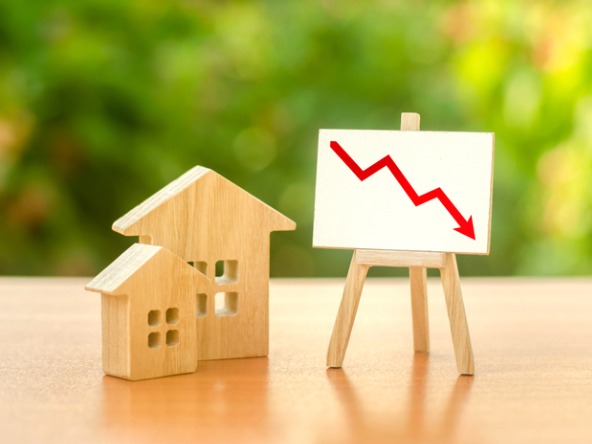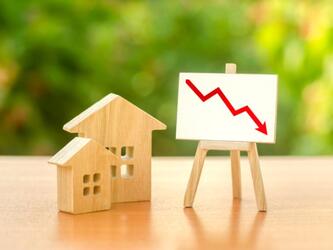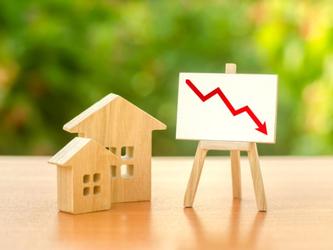Consumer confidence hits two-year low as inflation bites

The consumer confidence index fell from 102.3 to 101.1, which was the lowest it had been since August 2020.
The YouGov and Cebr index is based on more than 6,000 interviews a month looking at thew past 30-days and ahead to the next 12 months.
A score greater than 100 is considered an overall positive score, while a score under 100 is considered indicative of negative consumer confidence.
Perceptions of household finances over the past 30 days fell 3.7 points to 55.1, while expectations of household finances for the year ahead fell 3.5 points to 48.7.
Job security over the previous month was rated at 93.3 – a 0.2-point increase – while job security for the year ahead rose by the same level to 119.6.
Business activity was rated at 110.5 for the previous 30 days and 118.3 for the next 12w months – falls of 1.8 and 3.4 points respectively.
Perceptions of house valuations was up 3.3 points to 133.1 overall for the month beforehand, while house value for the year ahead was down 0.9 points to 130.1.
Emma McInnes, global head of financial services at YouGov, said: “The current figure sits at its lowest point since August 2020, amid the backdrop of growing concern around the cost-of-living crisis.
“It is notable to see an uptick in confidence around house prices and job security, but these were offset by continued sharp decline in confidence around household finances, meaning the current confidence score sits at -12 the same time last year.”
Josie Dent, managing economist at Cebr, said: “June saw a further fall in the YouGov/Cebr Consumer Confidence Index, driven by the continued acceleration in inflation, which has eroded household buying power.
“This is leaving many people with less money left over at the end of each month, and even pushing some to cut back on food spending, use their savings or take on debt to make ends meet.
“The worsening outlook for business activity also highlights the weak UK economic output, with Cebr expecting gross domestic product to contract in Q2 and Q3, putting the economy in a recession.”

We hope you enjoyed this article.
Research Live is published by MRS.
The Market Research Society (MRS) exists to promote and protect the research sector, showcasing how research delivers impact for businesses and government.
Members of MRS enjoy many benefits including tailoured policy guidance, discounts on training and conferences, and access to member-only content.
For example, there's an archive of winning case studies from over a decade of MRS Awards.
Find out more about the benefits of joining MRS here.














0 Comments